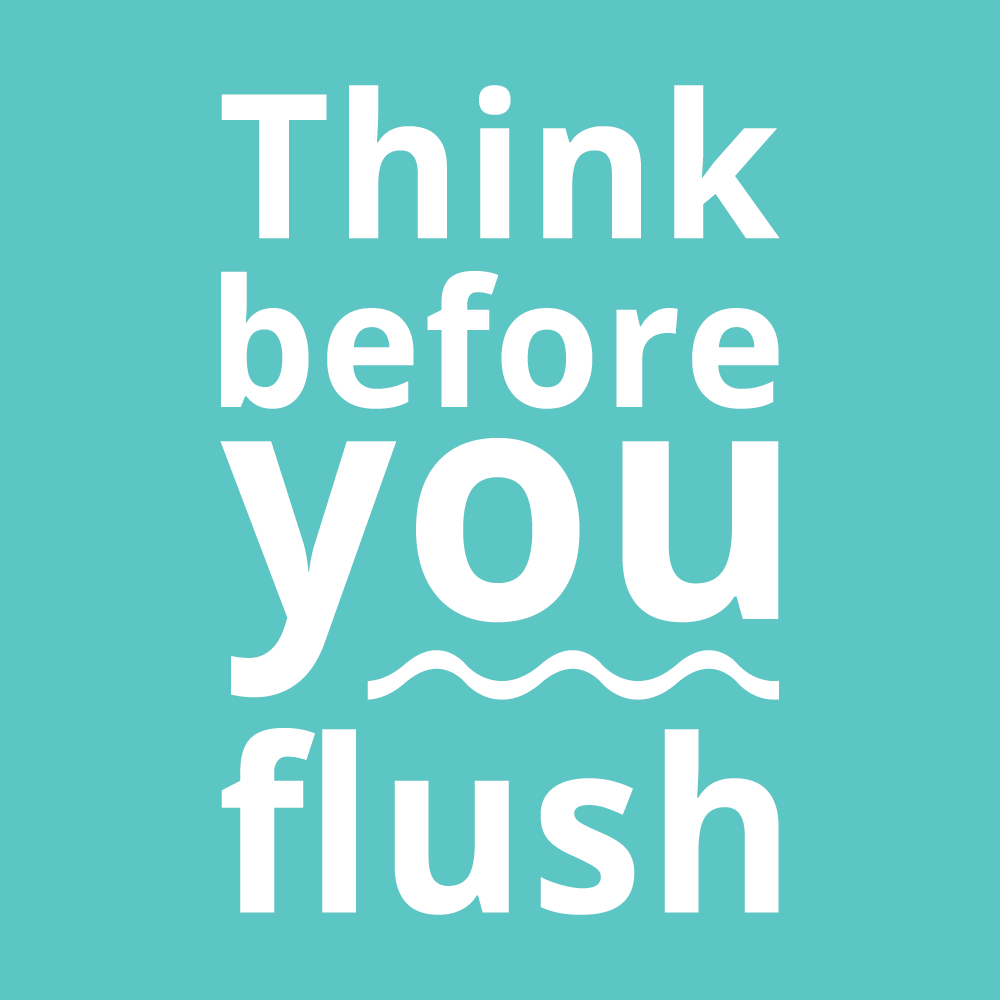Think Before You Flush is urging the public to never flush wipes down the toilet.
The Think Before You Flush Campaign, operated by Clean Coasts in partnership with Irish Water, urges the public to stop flushing wipes down the toilet this Halloween. When waste items like wet wipes and sanitary items are flushed, they can reappear in the form of frightening fatbergs much to the horror of our environment. Halting the unacceptable practice of flushing these items, will help scare away the Wet Wipe Monster that threatens our wastewater system, beaches, and marine environment.
Members of different communities joined forces with the Think Before You Flush campaign to scare the Wet Wipe Monster out of their communities and to remind the public to only flush the 3 Ps down the toilet; pee, poo and paper…everything else should go straight into the bin.
Think Before You Flush addresses the issue of flushing unsuitable items down the toilet and highlights the consequences of doing so, such as blockages in our wastewater network and treatment plants, surface water overflows, and sewage related litter impacting rivers, beaches, oceans, and our marine environment. Many toiletries such as wipes, cotton pads, and dental floss, collectively known as the ‘Dirty Dozen’, are consistently amongst the top 12 items that are incorrectly flushed down the toilets of Ireland. Other items include hair; paper towels; medicine; tampons; food items; contact lenses; condoms; cigarette butts; and cotton bud sticks.
Historically, the flushing of wipes constituted the most common items causing blockages in our wastewater network, leading to environmental pollution. Since 2018 we have seen a positive 38% reduction in people flushing wipes down the toilet. However, more than 1 in 10 people still admit to doing so.
There is no denying these items are incredibly useful. Many people enjoy the convenience of disposable wipes and cotton pads but are unaware of the environmental problems associated with these items. Unlike toilet paper, which is designed to disintegrate quickly in our pipes and sewage systems, other items don’t break down so easily.
When fats, oils, and greases (FOGs) from cooking are poured down the kitchen sink, they cool and harden as they travel along the wastewater network. When FOGs combine with wipes and other sewage related litter such as hair and dental floss fatbergs can form. Irish Water clears hundreds of blockages including fatbergs from the wastewater network every week. Think Before You Pour appeals to the public not to pour FOGs down the kitchen sink as a survey reveals that approximately 3 out of 10 people admit to doing so.
Wastewater Lead and Irish Water’s Think Before You Flush Ambassador, Donal Heaney knows only too well the detrimental effect that the dirty dozen can have on the environment. “The dirty dozen when flushed down the toilets of Ireland impact all aspects of the environment clumping together and causing blockages in our household plumbing and sewerage network, causing wastewater flooding of homes and gardens. Wet wipes end up in our streams, rivers, and on our beaches, creating a significant threat to wildlife as seabirds often ingest plastic and sewage related litter, mistaking it for food.”
Donal added, “Sewage related litter is polluting our marine, coastal, and river environments and putting unnecessary pressure on Ireland’s wastewater infrastructure. Every single person in Ireland this Halloween and beyond can play their part in ensuring that toilets are used for their intended purpose; pee, poo, and paper.”
Sinead McCoy, Clean Coasts Manager with Environmental Education Unit of An Taisce speaking about the campaign said, “This Halloween we are urging the public to always Think Before You Flush and throw any wipes used for removing scary make up and all other sanitary waste in the bin to avoid frightening fatbergs! The Think Before You Flush campaign aims to increases education and awareness about sewage related litter, enabling people to realise the consequence of their simple bathroom routine, and letting them know that small changes can prevent items like cotton bud sticks and wet wipes washing up on Ireland’s spectacular beaches.”
